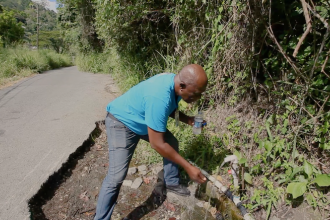
A payment for ecosystem services to improve the management in two watershed of Jamaica
Researchers from CATIE supported the establishment of the Payment for Ecosystem Services (PES) schema for the Yallahs River and Hope River Watershed Management Units Tuesday February 19, 2020. On the…



